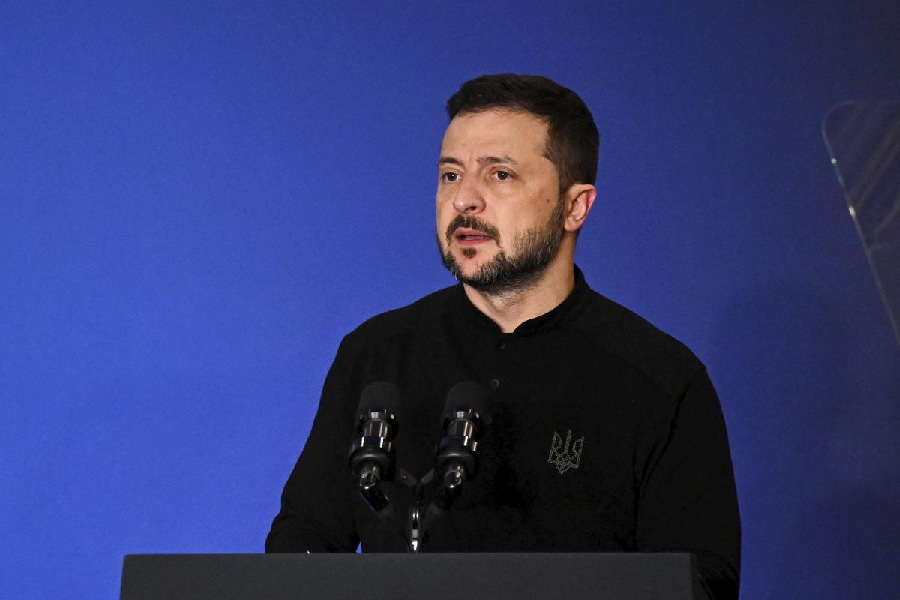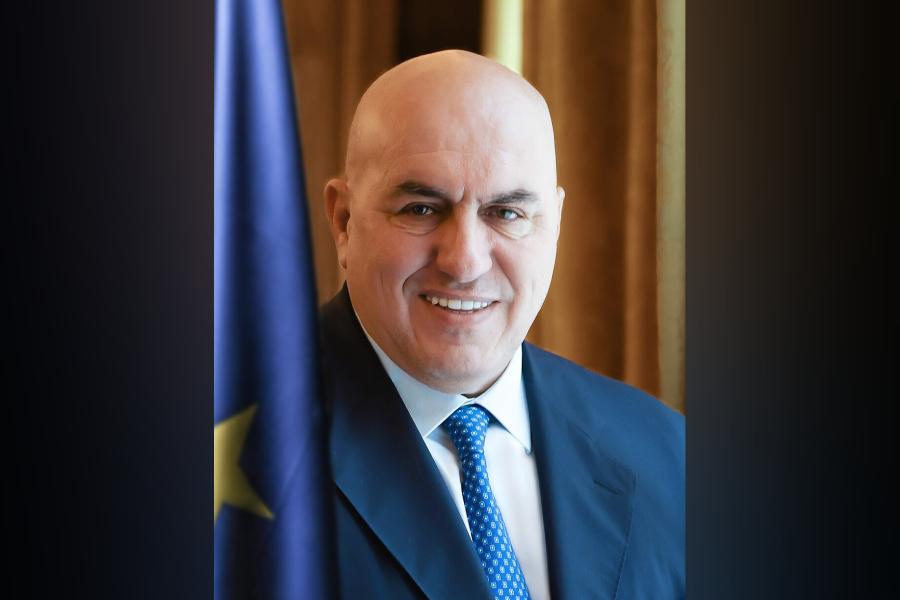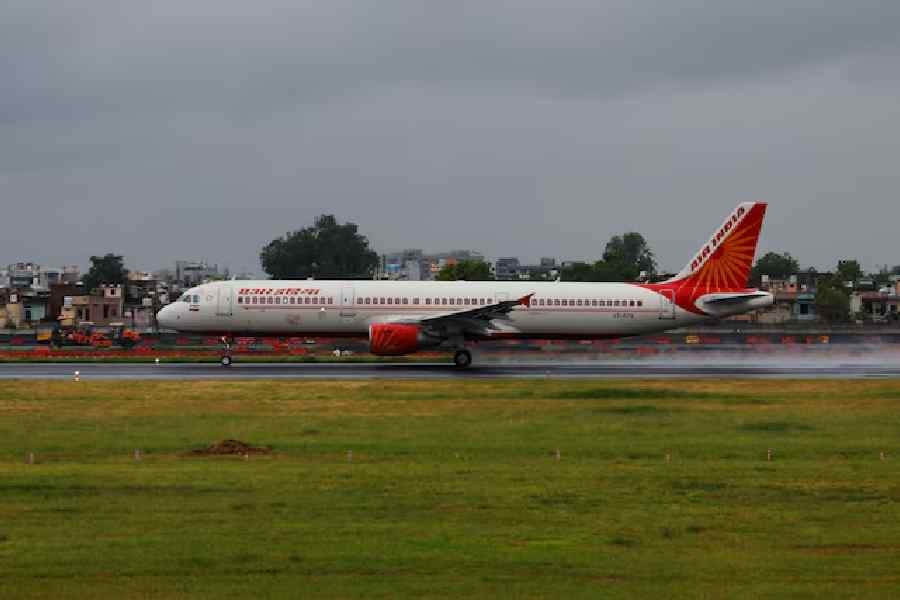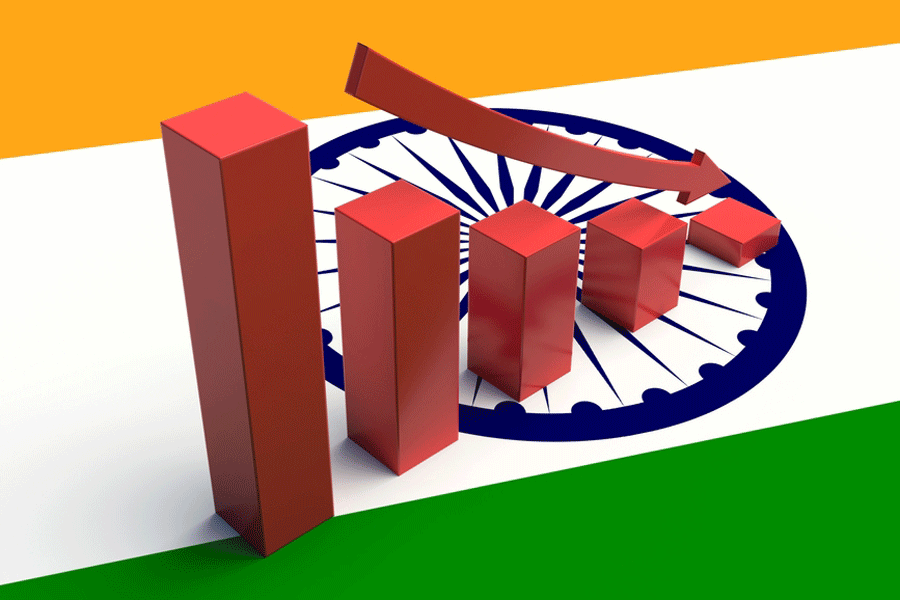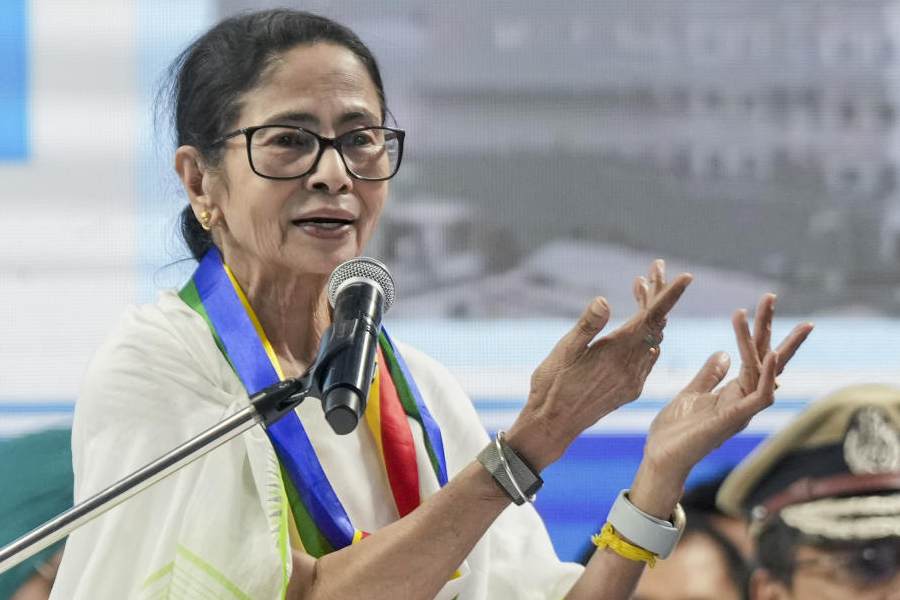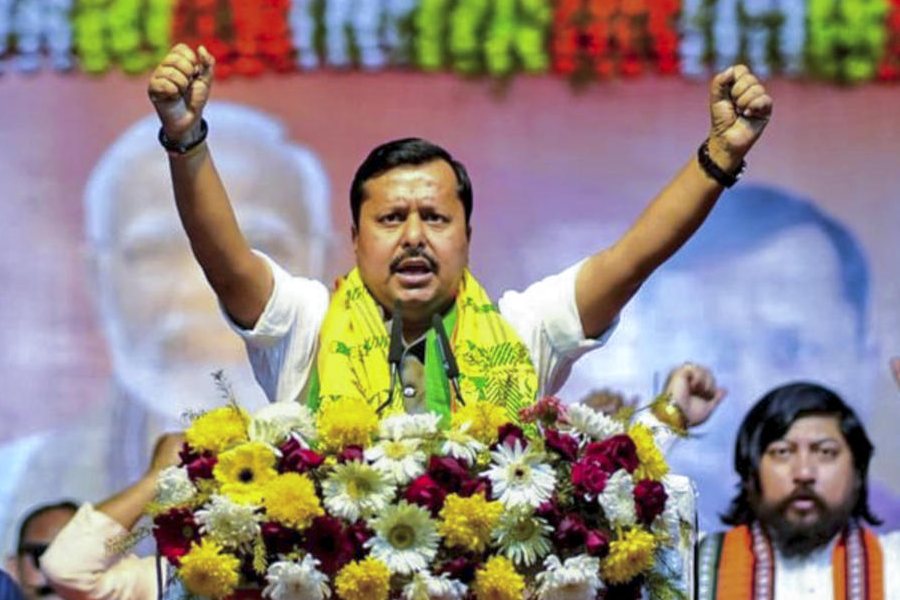Senior officials from Russia and the United States of America met in Saudi Arabia on Tuesday for their first direct talks on ending the war in Ukraine since Moscow’s full-fledged invasion in February 2022. However, the meeting has sparked deep anxieties in Kyiv and in Brussels and reflects a broader shift in America’s approach to Ukraine and Europe under President Donald Trump. Mr Trump and the Russian president, Vladimir Putin, spoke on the telephone last week in the backdrop of the release of an American school teacher held by Russia on narcotics-related charges. In that call, the US and Russian leaders effectively agreed to proceed with negotiations on Ukraine without involving the government in Kyiv. Ukraine, which did not have a seat at the Saudi talks, has long demanded that it be included in any talks aimed at a deal to end the war. Meanwhile, senior US officials like the defence secretary, Pete Hegseth, have outlined
Mr Trump’s vision for the end of the war — a vision that is starkly different from what Ukraine and Europe have been pushing for.
Mr Hegseth, in a meeting last week with nations supporting Ukraine, effectively made it clear that Kyiv could not expect to get membership of the North Atlantic Treaty Organization. Ukraine, he added, should give up its dreams of winning back all of its territory that Russia has grabbed since 2014 when it annexed Crimea. Instead, the security guarantees that Ukraine seeks to prevent a future Russian invasion would need to come primarily from Europe. American soldiers would thus not be defending Ukraine; neither would there be NATO cover even for other peacekeepers on the ground. India, which in recent months had tried to act as a mediator for peace talks, will now want to wait and watch before injecting itself further into a fluid, fast-moving conversation, even though the external affairs minister, S. Jaishankar, did meet his Ukrainian counterpart, Andrii Sybiha, last week on the margins of the Munich Security Conference. All of this is a bitter pill for Ukraine to swallow. But Mr Hegseth also had tough words for Europe. The US, he said, would no longer be the primary guarantor of security for Europe as it focuses on other theatres, including the Indo-Pacific and its deepening rivalry with China. A nearly eight-decade-old compact that the US made with Europe now appears to be on the brink. And Ukraine might be the first casualty.

